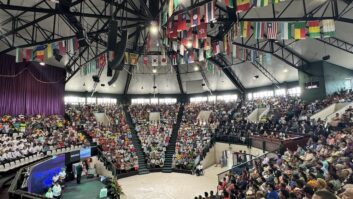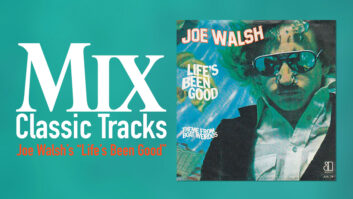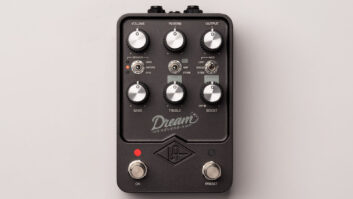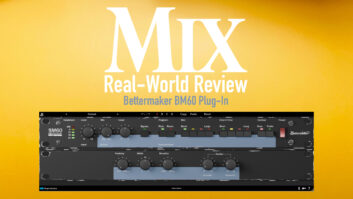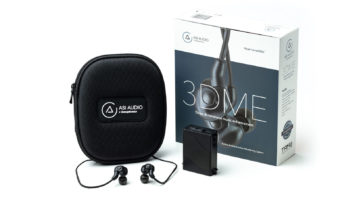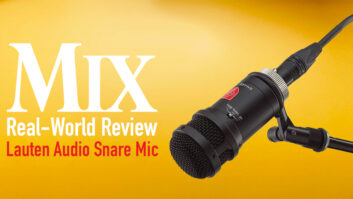
I suppose it takes years of experience working with angry, talentless idiots, really, to get yourself into this position,” says John Lydon. It’s the kind of funny, brutally honest dig we expect from the punk superstar. What’s possibly less predictable is the true joy and enthusiasm Lydon feels for his work today.
“I had to buy my way out of the previous record contract, which was stifling and binding, to put it mildly,” says the artist formerly known as Johnny Rotten about his present status as a totally independent artist. “And ever since then, we feel just much healthier about what it is we do.”
Lydon and his bandmates now pay for their own productions and release their own recordings on their PiL Official label. They’re in complete control of their own music. “It’s taken me a long time to claw my way back from the damage that large labels were inflicting on me,” Lydon says. “I finally got here, and wild horses couldn’t drag me away…Oh dear, it’s a Rolling Stones reference!”
PiL’s latest is What the World Needs Now, which brilliantly sets Lydon’s arresting voice against infectious, bad-ass, guitar-driven grooves. The all-new songs attack subjects from domestic strife to corporate greed, and were developed and recorded in Wincraft Studio, Steve Winwood’s private facility in the Cotswolds region of England. Lydon says that the seeds of songs and sounds began germinating through snippets that were exchanged via phone and email between him and the other bandmembers: guitarist Lu Edmonds, drummer Bruce Smith and bass player Scott Firth.
But those bits didn’t really coalesce and catch fire until the band got together in the studio. “A lot of it happened with the mics and everything turned on, just freeforming, playing around and making up patterns,” Lydon says. “The band would be playing, and I had a big, long table—a converted pool table—and I just threw paper on it and started writing.”

“They all turned up with some rough ideas, but then they’d all start jamming together and things just came out of that,” confirms engineer James Towler, who runs Wincraft, as well as Winwood’s FOH mixes and tour management.
Towler also recorded the band’s previous album, This Is PiL (PiL Official, 2012), so he was familiar with the band’s habits; songs might take days, hours, or minutes to take hold. So he was ready for anything. “One thing working with Steve taught me: Always have it in record,” he says.
It’s also thanks to his experience working with Winwood that Towler developed his own workflow, using Focusrite’s RedNet interface and Audinate Dante networking system.
“It’s the ideal solution because I can roll my racks on the road and then straight back into the studio,” Towler explains. “Because it’s all done on Cat 5-E [cable], you can plug in anywhere and instantly pull the channels up in whatever room they’re working in.”
Towler had all of the PiL members set up together with their amps in Wincraft’s main room, a beautiful converted barn with limestone walls and open-beam ceilings. “The stonework has the most beautiful natural reverb,” Lydon says. “It gives you an incredible live sound. The ambience is so inspiring. It really leads to the song being what it is.”
Lydon says that most of the songs were recorded live, “or if not live, then very much as nearly as we possibly can. We like to have the whole rhythm section done in one take. It just makes for something really astounding to work on it that way. I myself have always preferred monitor mixes over elaborate studio bloody breakdowns. They’re the most human.”
It’s the element of human connection that Lydon says is the essential force behind PiL. “There’s a great camaraderie going on here,” he says. “It’s just like when we’re on tour. There’s a phrase I’ve used for years, but it’s very appropriate: ‘It’s a Viking raiding party.’ Not the brutality side, but the sense of laddish adventure!”
Lydon’s also clearly inspired by the band’s musicianship. “Lu is so good that he practically abandons the guitar because it’s not interesting enough for him,” he says. “He’s off into a wonderful exploratory universe of—I don’t know—hubcaps with four strings on them: Things that would make an ungodly racket, but in his hands are masterful. And an all manner of Middle Eastern instruments. Those tones and notes make what used to be called my ‘bad singing’ suddenly come to life.”

When Edmonds played actual guitars, he used Lazy J amps, which Towler miked up with SE Electronics Voodoo VR2 mics, through Millennia preamps. “I tend to use that setup live as well as in the studio,” the engineer says.
Towler also uses a live-miking scheme for drums in Wincraft: Audix D6 on kick and D2s and D4s on toms; Audio-Technica AE3000s on snare; Neumann KSM 84 on hi-hat and U 87s as overheads.
And as for lead vocals, the key is Lydon’s comfort level. “We just use a Shure SM58 and a Millennia mic pre,” Towler says. “John likes to grab hold of the microphone, and he feels at ease with the 58. Trying to put up a large-diaphragm condenser is going to feel a bit alien for him, so performance-wise, the 58 is perfect.
“He actually also sang quite a few tracks in the control room with me,” Towler continues. “If you see the video for [the first single] ‘Double Trouble,’ he literally sat next to me in the control room. A 58 in front of the speakers just works for a lot of people, and it helps John to get the vibe. He’s a very vibe-y person, and when he feels it, he gets the groove and the shape of the song.”
“We weren’t rushed in the recording process and I didn’t have to cut corners, so I could spend more time finding a voice for what I was trying to express,” says Lydon, who also plays some sax and violin on a couple of tracks. “Musically, I turned my voice into an instrument—rather an than implement of torture. It was a great, great fun record to make. The sense of freedom we give each other, and the sense of respect, too—we are good friends, and it shows, and I think it bounces off the grooves.”
